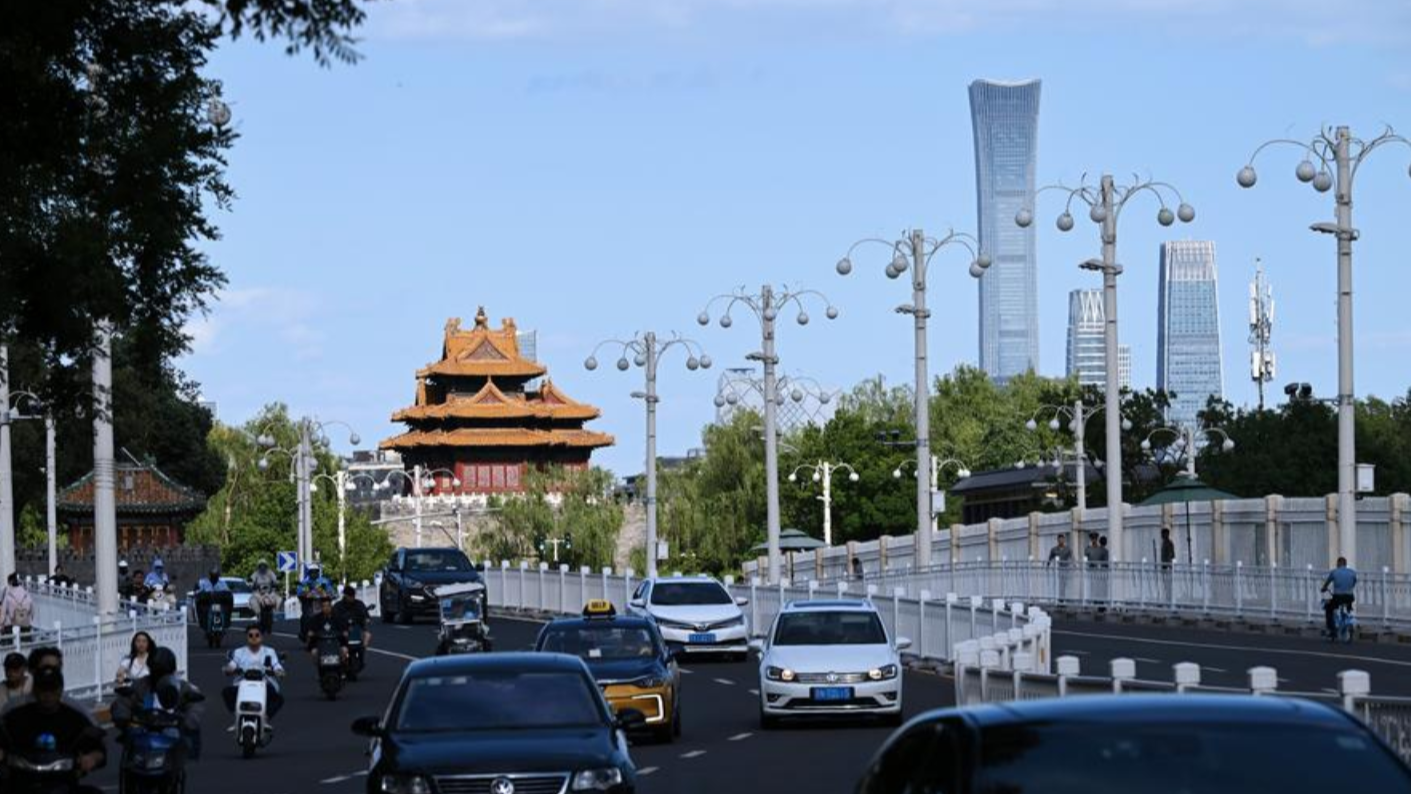WASHINGTON, Aug. 8 (Xinhua) -- Chinese Ambassador to the United States Xie Feng recently said that as some countries close doors, build walls and decouple, China has chosen to open its doors, build more bridges and share its development dividends with the world.
Xie made the remarks in an interview with Newsweek, during which he elaborated on the third plenary session of the 20th Central Committee of the Communist Party of China (CPC).
The Chinese ambassador said that opening-up is the hallmark of Chinese modernization, noting that this plenum introduced many concrete measures in this regard.
Quoting a Chinese poem that describes bamboo, "It is strong and firm though struck and beaten without rest; careless of the wind from north or south, east or west," Xie said that no matter how the world may change, China will continue to do the right thing. "We are committed to embracing the world with open arms, and we expect the world to open up to us alike," he said.
"Restrictions will be reduced. We will further shorten the negative list for foreign investment, remove all market access restrictions in the manufacturing sector, and fully apply the negative list for cross-border trade in services," he said.
More areas will be opened up, Xie said. "We will steadily expand institutional opening-up, and create an institutional environment that is transparent, stable, and predictable in alignment with high-standard international economic and trade rules," he said.
"We will, on our own initiative, open up wider in sectors including telecommunications, the internet, education, culture and medical services," he said.
"We will also further level the playing field. Domestic and foreign-invested enterprises will be treated equally, and we will ensure national treatment for the latter in terms of access to production factors, license application, and government procurement," he said.
The Chinese ambassador said a more open China will bring more market and growth opportunities to the world, adding that international investors are seizing the momentum and voting with their feet.
In the first half of the year, 26,870 new foreign-invested companies were set up in China, up by 14.2 percent. Xie said that foreign investment in actual use reached nearly 500 billion yuan (69.8 billion U.S. dollars), a relatively higher level than over the past decade.
Xie noted that Tesla is building another factory in Shanghai, and the deal took only a month to negotiate and conclude. Apple has established R&D centers in Beijing, Shanghai, Shenzhen and Suzhou and doubled the number of its R&D staff in China over the past five years. BMW's largest production base and second-largest R&D center are both in China.
Citing a recent report by the China Council for the Promotion of International Trade, the Chinese ambassador said that over 40 percent of the surveyed foreign-invested companies see China's market as more attractive, and nearly 50 percent expect their profit margins to increase in the next five years, with American companies being the most optimistic.
All these have proven that China is not only the world's factory but also the world's market, Xie said. "In addition to 'made in China,' we are seeing more 'smartly made in China.'"
Xie said China continues to be a major engine of global growth and an unparalleled investment destination that remains undervalued.
"We welcome more businesses to invest in China, stay committed to China, and grow with China," he said.




 A single purchase
A single purchase









